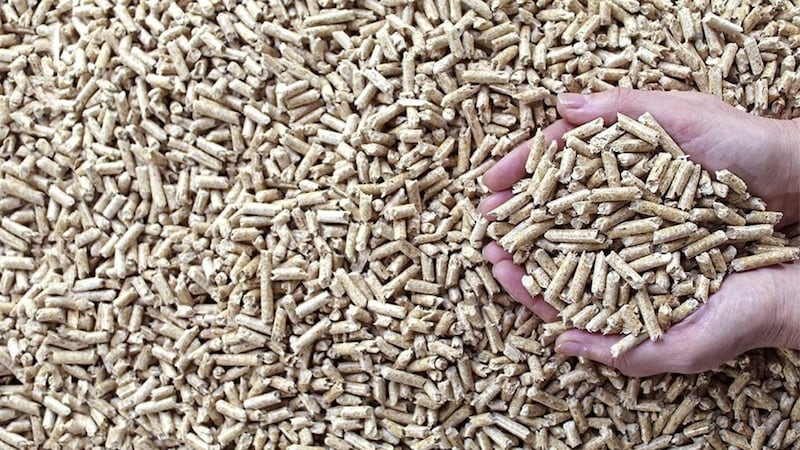The north’s economy grew by 1.3% over the summer months, according to the latest official government data.
A newly published Composite Economic Index from the Northern Ireland Statistics and Research Agency (Nisra) shows economic output in the third quarter (Q3) of 2024 was up by 3% on the same period last year.
The index, which is considered a similar measure to gross domestic product (GDP), suggests Northern Ireland outperformed the wider UK economy between July and September.
UK GDP grew by just 0.1% over the third quarter of 2024, leaving annual growth at 1%.
Nisra said when compared against the pre-pandemic quarter of Q4 2019, economic activity in the north “has shown stronger growth than the UK (9.7% vs 2.9%)”.
New GDP figures published on Thursday estimates the UK economy grew by just 0.1% in November, after falling by 0.1% in both September and October.
The latest data release from the north’s official statistics body also revised its earlier growth estimates for the first half of 2024.
Nisra now believes economic output grew by 1.9% in the first three months of 2024, compared to the previous estimate of 1.4% growth.
But it also estimates the north’s economy narrowly contracted by 0.1% in the second quarter, down from the previous estimate of 0.4% growth.
Nisra said growth in the third quarter was driven by a 1.6% expansion of private sector, with the services and construction sectors the major contributors.
- North’s private sector contracted at the end of 2024, new Ulster Bank survey suggestsOpens in new window
- North’s economy grew by 0.4% in second quarter of 2024, driven by construction and services sectorsOpens in new window
- Economists expect inflation to rebound following ‘temporary reprieve’ in DecemberOpens in new window
Public sector output expanded by 0.5% over the same quarter, but annual growth stood at just 0.1%.
The official data, which pre-dates Rachel Reeves’ Autumn budget, broadly corresponds with the conclusions of business surveys covering the same period of last year.
But those surveys suggest the UK Chancellor’s decision to hike employer’s national insurance contributions has had a largely negative impact on business sentiment, with nine-in-ten northern firms under pressure to hike prices to meet surging labour costs.
Meanwhile, a separate report published on Thursday by infrastructure consultancy AECOM suggests output in the north’s construction industry expanded by 10.5% in the year to Q2 2024.
The analysis suggests the growth was driven by a 17.7% increase in repair and maintenance work, with house building contracting by 5% over the same period.

AECOM said tender price inflation stablished last year at around 1.8%, but it anticipates that will increase to 2.5% in 2025.
A separate survey published by the Royal Institute of Chartered Surveyors (RICS) on Thursday indicates house price inflation remained prevalent in the north’s housing market at the end of 2024.
The survey, which is based on feedback from property professionals, found a net balance of 72% of respondents reporting prices rose through December, up from 67% in November.
A net balance of just 7% of respondents reported a rise in new buyer enquiries last month.








